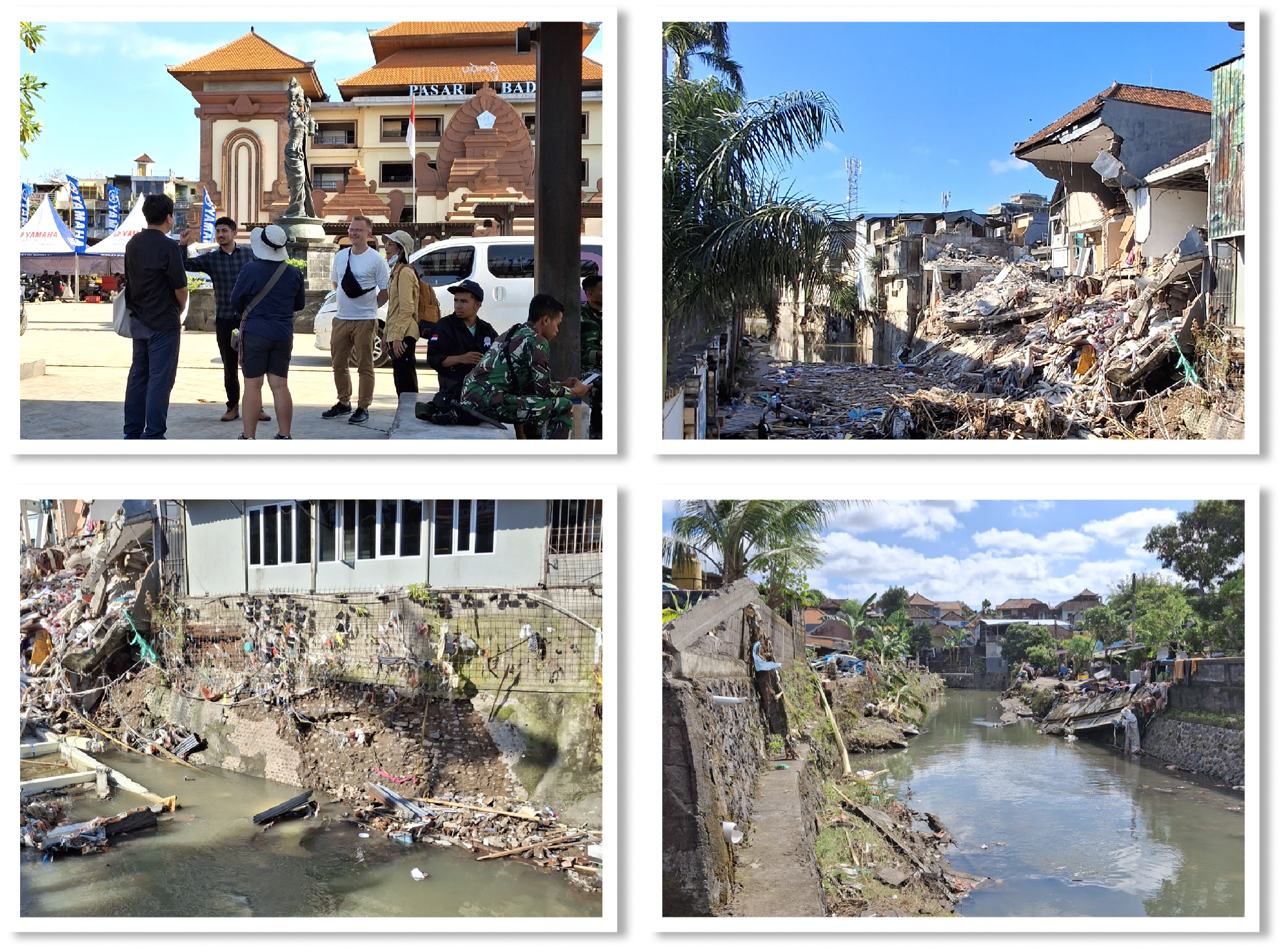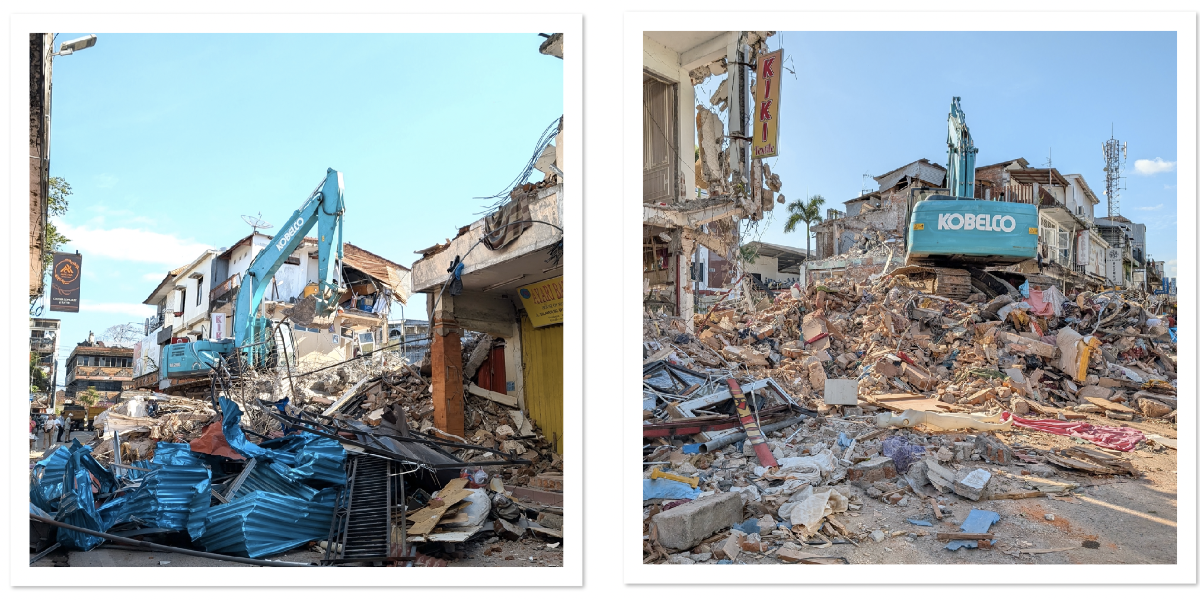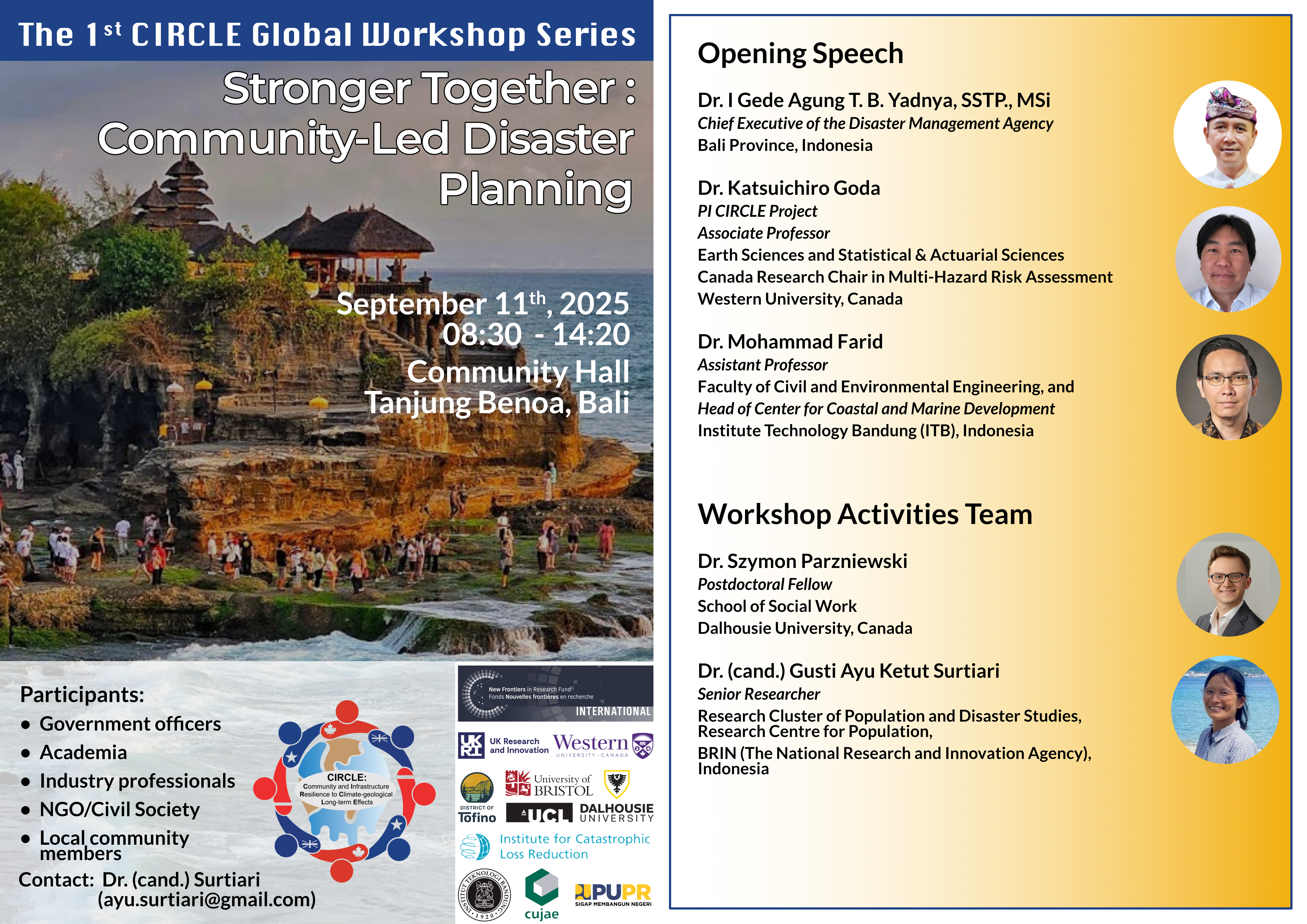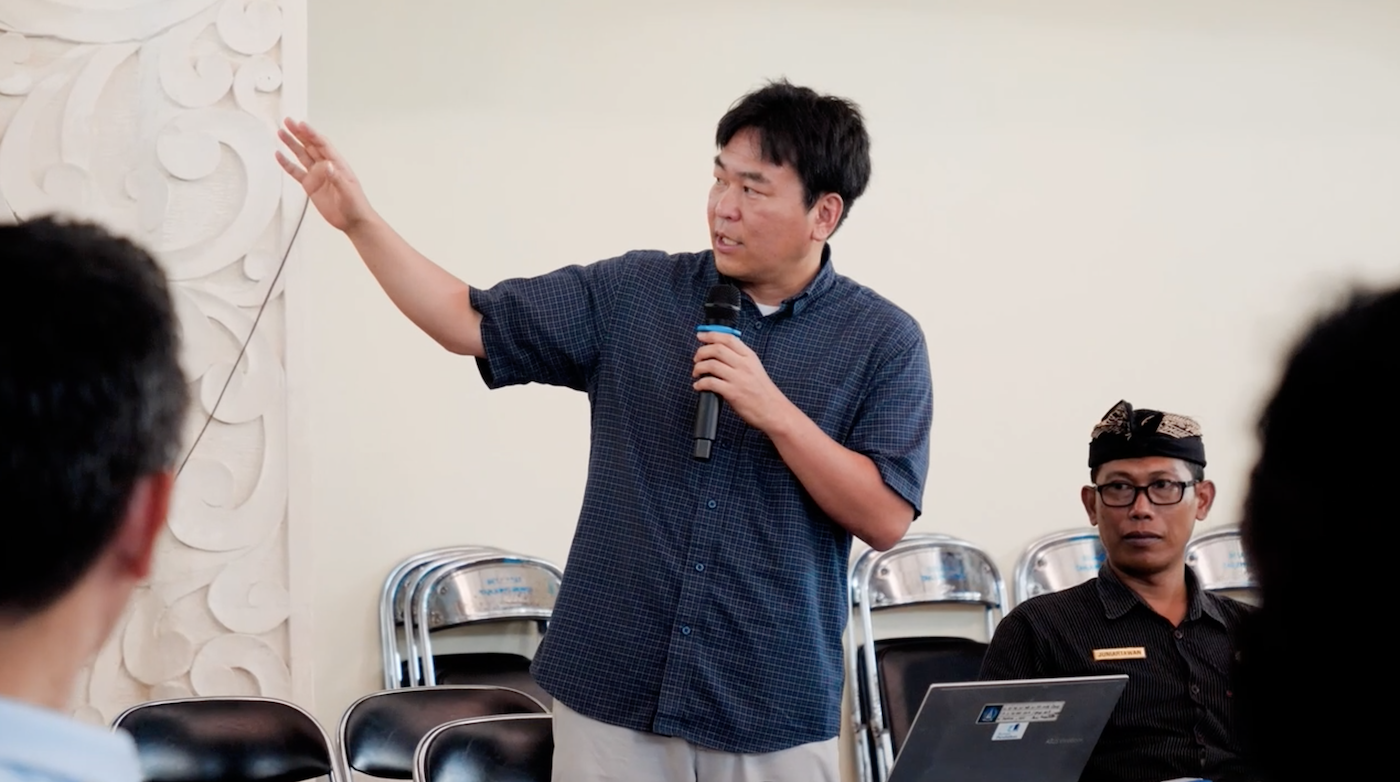2025 Bali Workshop

Bali, a region vulnerable to the impacts of climate change, earthquakes, and tsunamis, faces significant challenges in protecting its communities' livelihoods while preserving its rich cultural heritage and environment. This workshop will bring together local government representatives, disaster management practitioners, and community leaders to co-develop disaster resilience strategies tailored to the region. These strategies will integrate both traditional knowledge and modern risk assessment techniques.
Participants will engage in:
- Map assets at risk and assess vulnerabilities to coastal flooding and tsunamis.
- Identification of local needs for pre-disaster preparedness, especially for vulnerable communities.
- Creation of recovery frameworks that prioritize the restoration of both physical infrastructure and community well-being.
Together, we will focus on co-developing solutions that ensure Bali’s communities are not only prepared but are also empowered to recover and thrive in the face of disaster.
Flyer
Tentative schedule/program of Bali Workshop
| Time | Activities | PIC | Note |
|---|---|---|---|
| 08:30-09:00 | Registration | ||
| First Session | Opening Speech | ||
| 09:00-09.10 | Opening remarks | Dr. I Gede Agung Teja | Province of Bali (Bappeda or BPBD) Agency |
| 09:10-09.20 | Welcome address | Dr. Goda | The PI CIRCLE Project |
| 09:20-09.50 | Introductory remarks | Dr. Farid | The Indonesian Co-PI |
| 09:50-10.05 | Break/ refreshment | ||
| Second Session | Working groups activities | ||
| 10:05-12:05 | Group 1 | Government level and academia | Lead by Dr. Parzniewski and his team |
| Group 2 | NGO/ civil society and local government (sub-district level) | Lead by Dr. Parzniewski and his team | |
| Group 3 | Local community members | Lead by Dr. Parzniewski and his team | |
| 12:05-13:05 | Lunch | ||
| 13:05-14:05 | Panel session and discussion | ||
| 14:05-14:20 | Wrap up and Conclusion |
A Visit and Lecture at Bandung Institute of Technology (ITB:Institut Teknologi Bandung)
Early September, before the Bali workshop, Dr. Katsuichiro Goda (Western University, Canada), the Principal Investigator of the CIRCLE Project, visited Bandung Institute of Technology (ITB), Indonesia, as part of the ongoing international collaboration with partners from Indonesia, Canada, and Cuba. During his visit, he delivered a guest lecture attended by students and faculty from several departments, including the Department of Civil Engineering and the Actuarial Science Department. The session sparked lively discussions, with many questions from an engaged audience, reflecting strong interest in the topics presented: Risk-based Multi-Hazard Microzonation for Earthquakes and Tsunamis. In addition to the lecture, Dr. Goda met with the Dean of Faculty of Civil and Environment Engineering and toured the Hydrology Laboratory, strengthening academic ties and exploring opportunities for future collaboration.
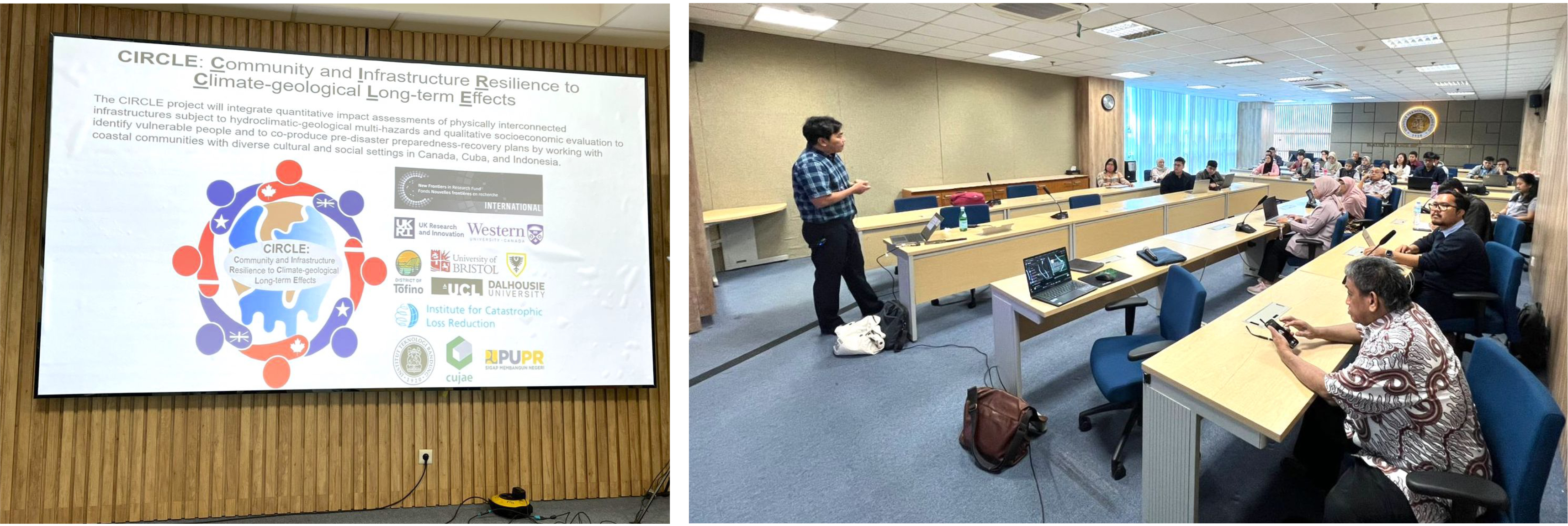
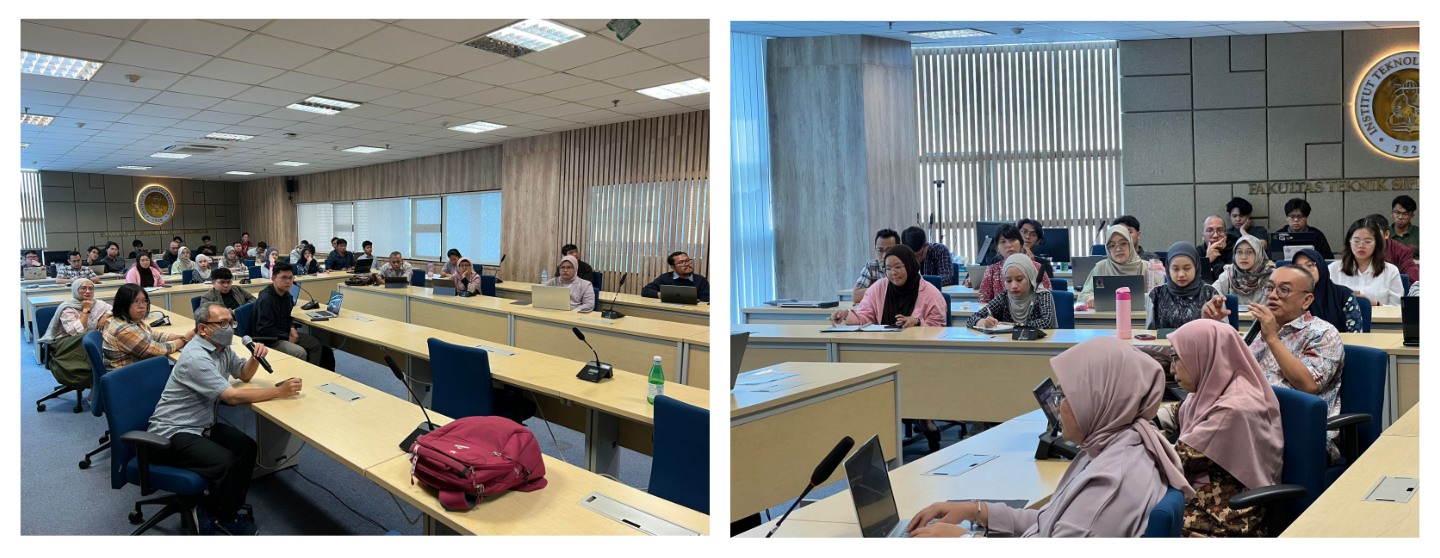
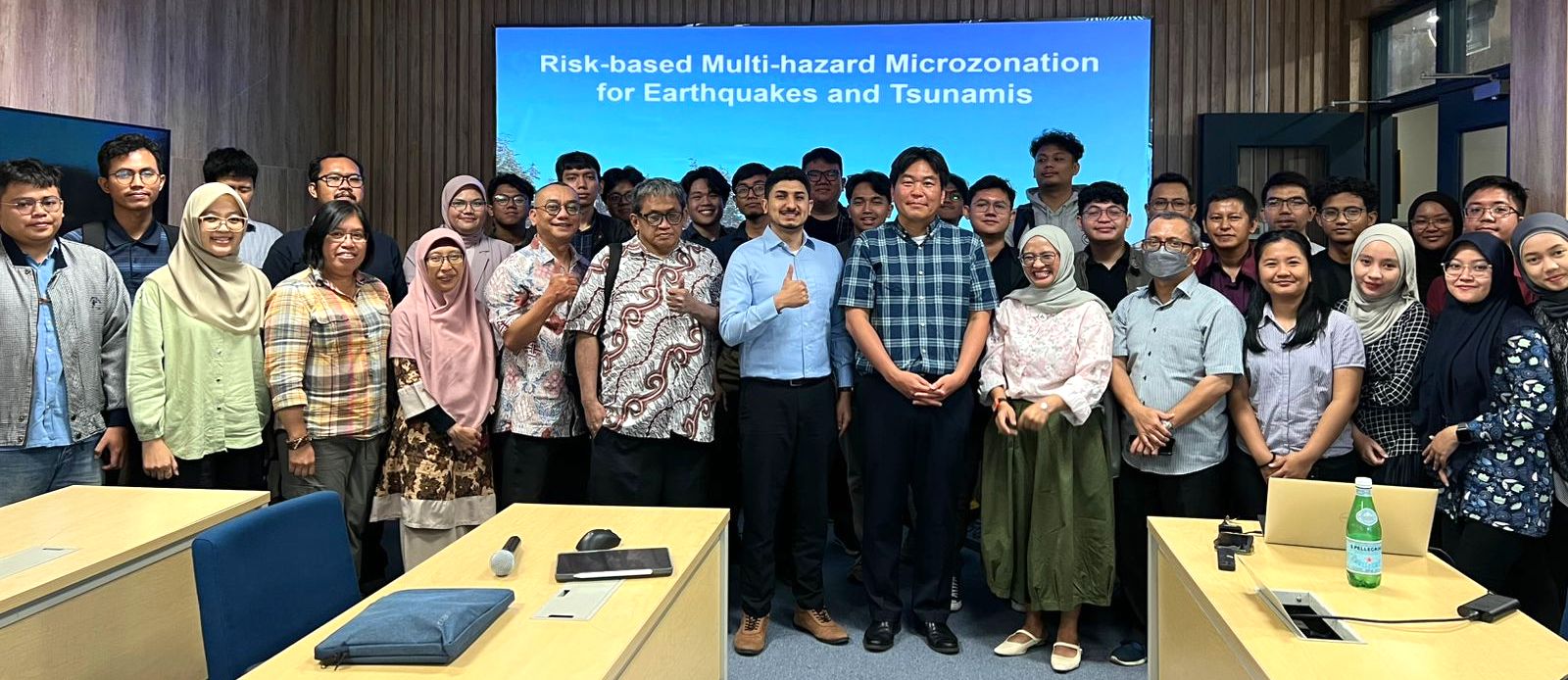
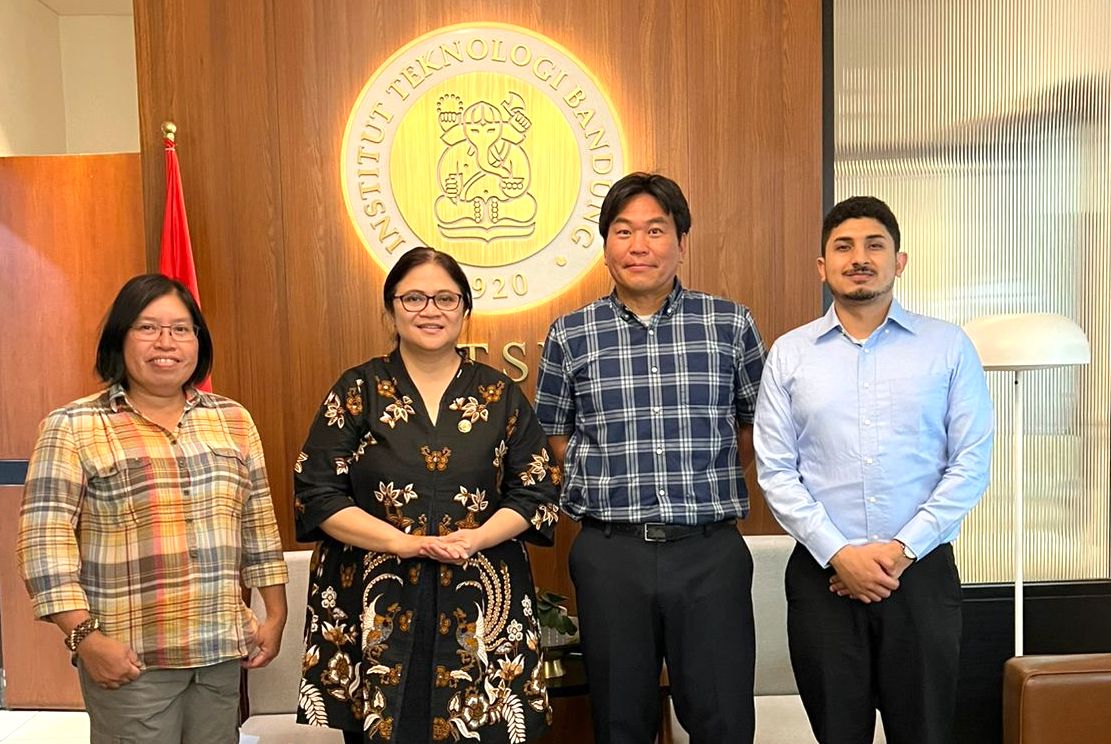
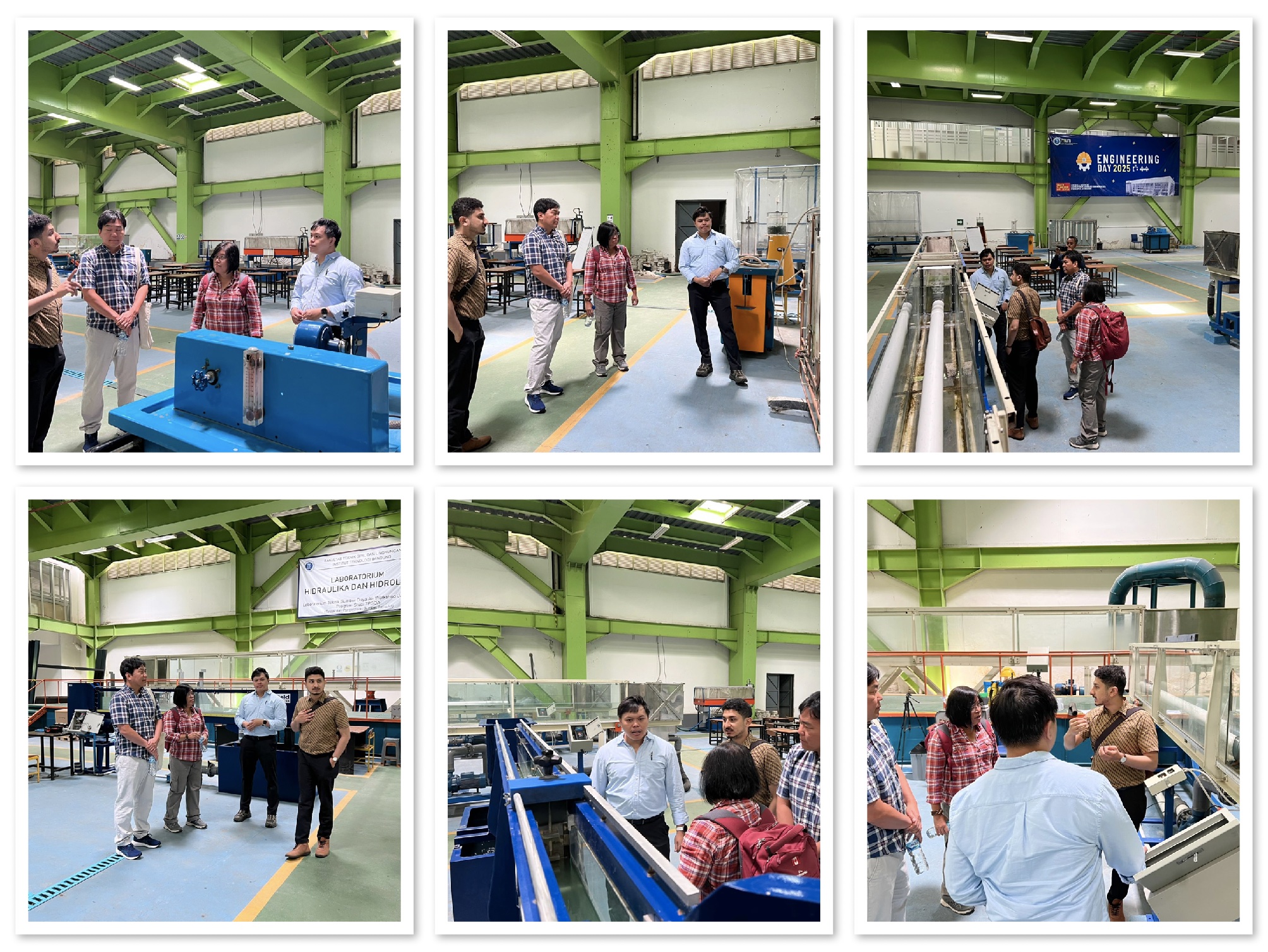
Bali (Tanjung Benoa) Workshop Summary And Reflections
On September 11, 2025, the CIRCLE Project hosted a unique gathering where neighbors, friends, and local leaders came together to discover something powerful: the strengths already present within their own community. The event—the Community Asset Mapping for Strengthening Resilience to Multi-Hazard Risks workshop—was designed to help participants identify local resources and explore how these could be harnessed to address challenges, especially in times of disaster.
Watch a brief highlight reel from our recent Community Asset Mapping Workshop in Tanjung Benoa, Bali, Indonesia. This video captures key moments of collaboration, dialogue, and hands-on mapping activities as participants explored and celebrated local assets.
The following highlights are from our recent Community Asset Mapping Workshop held in Bali on September 11, 2025. These images capture key moments of collaboration, engagement, and shared learning as participants came together to identify local strengths and resources. As discussions unfolded, participants began to see their community in a new light—recognizing valuable assets they had previously overlooked. One group discovered that their knowledge of urban farming could benefit the wider community, while others brought attention to cultural landmarks and shared stories of local history, celebrating the traditions that unite and strengthen their sense of belonging.
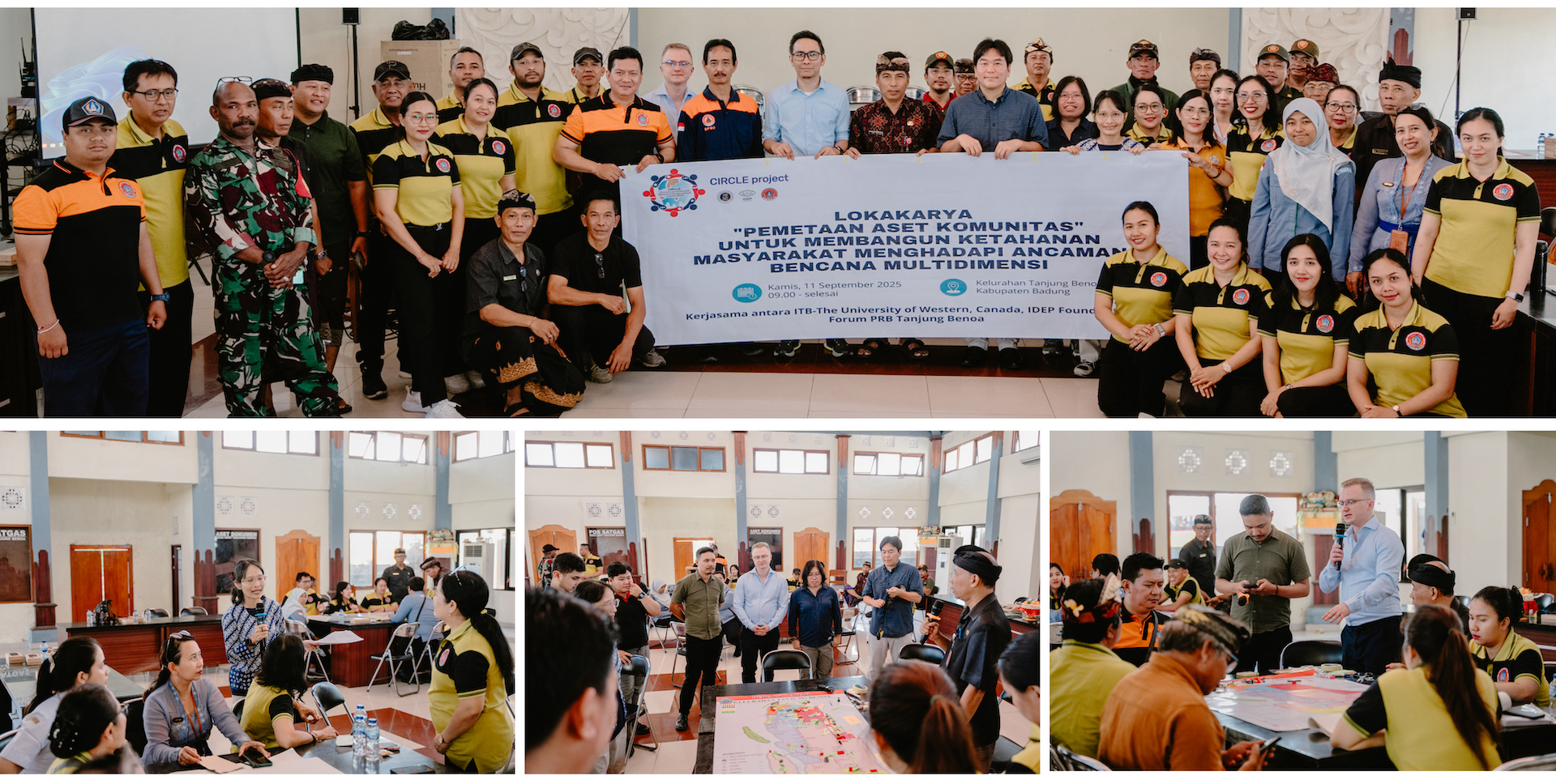
By the end of the workshop, tables were covered with colorful maps and notes, but more importantly, participants left with a deeper sense of connection. The activity revealed that resilience isn’t just about external support—it’s about recognizing and valuing the skills, resources, and spirit that already thrive within the community.

This workshop was more than just an event; it was a celebration of local strengths and a reminder that when people come together, they can build a safer and more resilient future.
We would like to express our sincere gratitude to Dr. (cand.) Gusti Ayu Ketut Surtiari (National Research and Innovation Agency of the Republic of Indonesia—BRIN), who dedicated her time, energy, and ideas to making the workshop a success. Despite her already busy schedule, she contributed wholeheartedly to every aspect of the event, from planning to execution. Our heartfelt thanks also go to Dr. Mohammad Farid, S.T., M.T., and Dr. Eng. Abdul Kadir Alhamid, S.T., M.Eng. (Bandung Institute of Technology—ITB) for their full support of the event. Their commitment and teamwork were truly inspiring and played a vital role in creating a meaningful and well-organized seminar.
We were deeply grateful to welcome Dr. Katsuichiro Goda (Western University, Canada), who traveled across the globe to deliver an inspiring opening speech and generously provided financial support for the workshop through the CIRCLE Project.
Our heartfelt thanks also go to Dr. Szymon Parzniewski (Dalhousie University, Canada), who made the long journey to lead the CAM activities with great enthusiasm. Their presence, dedication, and expertise made the event even more meaningful for everyone involved.
We are also grateful to Mr. Putu Suryawan Nadi and his team (IDEP Selaras Alam Foundation), as well as Dr. I Wayan Deddy Sumantra, S.Sn., M.Si., leader of the Tanjung Benoa Village Disaster Risk Reduction Forum, for their tremendous contributions to the workshop.
Our deep appreciation also goes to the village and community leaders and the residents of Tanjung Benoa, Bali, whose enthusiastic participation made the event truly memorable. Your energy, insights, and collaboration have fostered new connections and laid the foundation for continued learning and joint initiatives.
Lastly, we extend our gratitude to all who played a part in this workshop’s success. While it’s impossible to name everyone here, each contribution was essential and deeply appreciated.
Tsunami Early Warning System and Tsunami Assembly Point
After the workshop, the CIRCLE Team joined Mr. Putu Suryawan Nadi and his team (IDEP Selaras Alam Foundation) for a visit to Serangan Island, just a 30-minute drive from Tanjung Benoa. Known as “Turtle Island” due to its turtle breeding grounds, the island was created through land reclamation between 1995 and 1998. Despite its serene image, Serangan lies in the RED ZONE, a high-risk area for tsunamis. In 2014, the Bali Provincial Government, through the Regional Disaster Management Agency (BPBD), built a communal Temporary Evacuation Place (Tempat Evakuasi Sementara) integrated with the Serangan traditional market. Mr. Putu guided the CIRCLE Team through the tsunami shelter, giving them a firsthand look at how the facility is designed to protect the community and raise awareness about disaster preparedness in this vulnerable area.
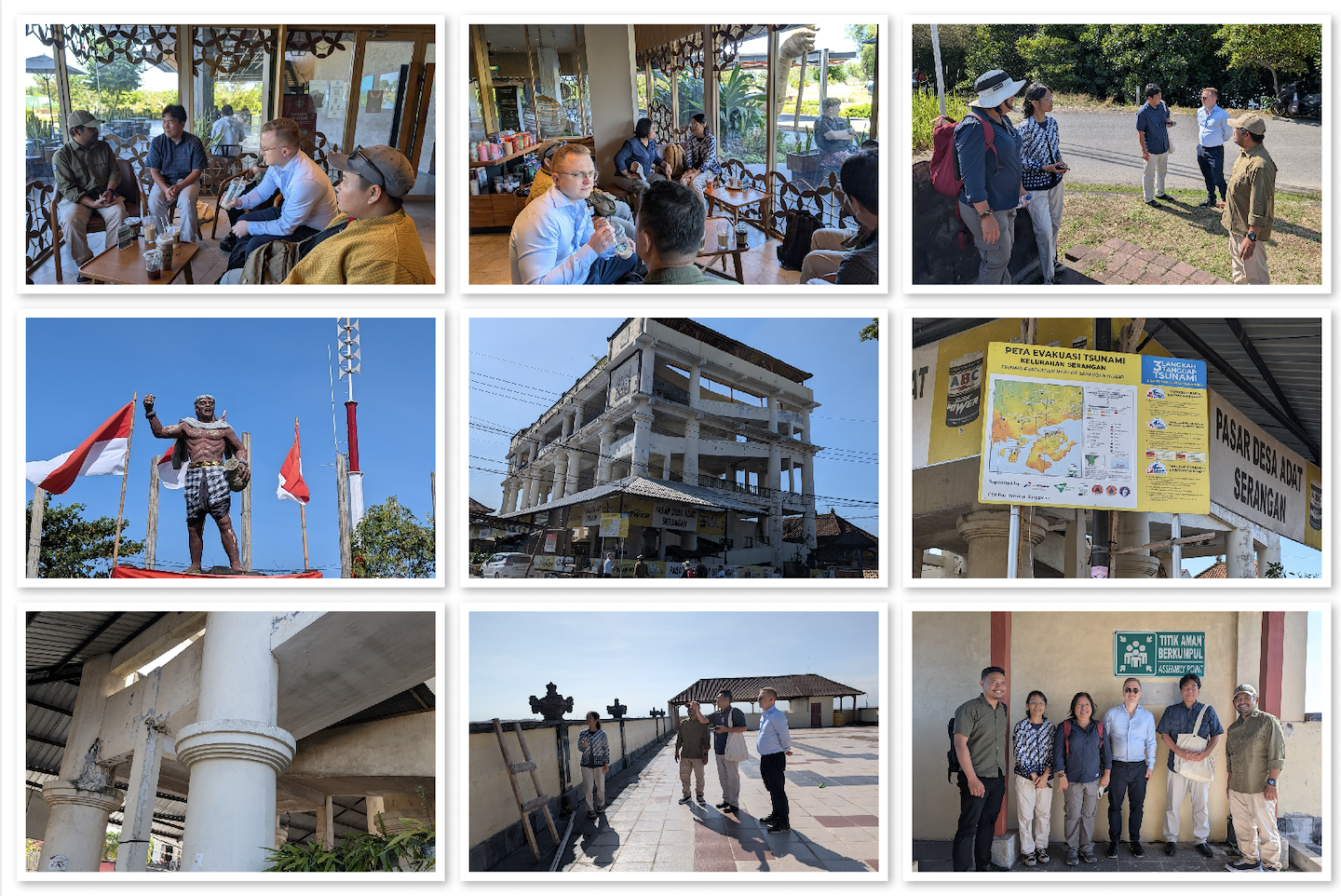
Visiting Penglipuran Village
On September 12, as part of the workshop agenda, the CIRCLE Team had the pleasure of visiting Penglipuran Village in Bangli Regency, Bali. Its name, derived from pengeling (“remembering”) and pura (“ancestral land”), reflects the village’s deep roots in Balinese heritage and traditions. Visitors are greeted by neatly arranged traditional houses, lush gardens, and a warm, welcoming atmosphere that showcases the community’s pride in cleanliness and cultural preservation. Known for its car-free streets and genuine hospitality, Penglipuran offers a rare glimpse into authentic Balinese life, where harmony with nature and respect for tradition are at the heart of everyday living.
Photos from the visit showed the village bustling with tourists, all eager to explore its traditional houses and gardens. Despite the crowds, the charm of Penglipuran’s architecture and its vibrant community spirit remained evident, allowing visitors to experience a true sense of Balinese culture. The lively scene highlighted the village’s growing popularity while also emphasizing the importance of preserving its unique cultural heritage.
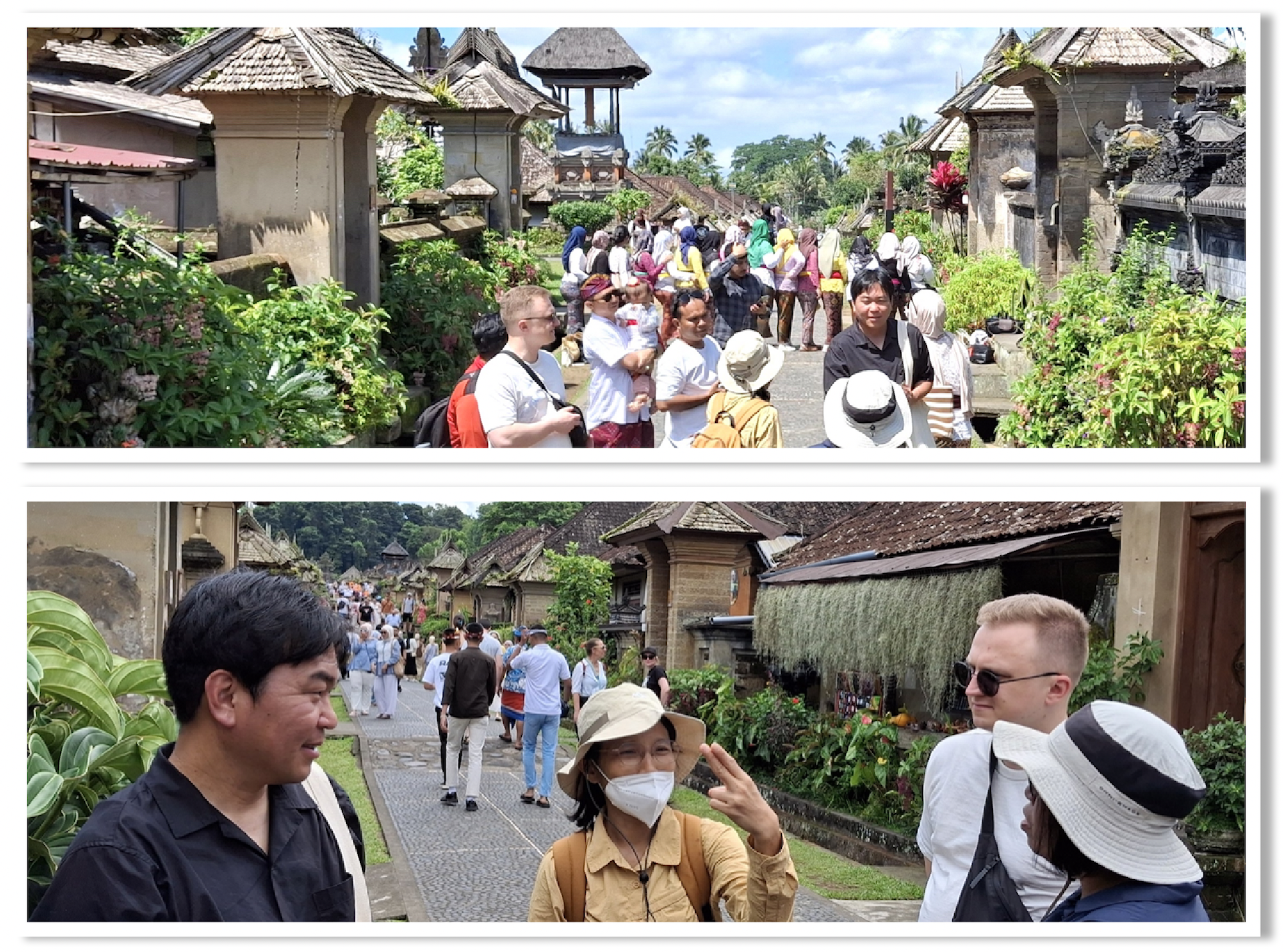
Flash Flood Site Visit in Denpasar Bali
A day before the CIRCLE Team arrived in Bali, the province was struck by heavy rain, beginning early in the morning on Tuesday, September 9, 2025. The intense downpour triggered flash floods across several areas, tragically claiming 17 lives and marking the most severe flooding Bali has experienced in decades. The economic losses were estimated at nearly 100 billion rupiahs (approximately 8.4 million CAD) [Source: BPBD & Bali Post].
Led by Dr. Eng. Abdul Kadir Alhamid, S.T., M.Eng. (Bandung Institute of Technology-ITB), the CIRCLE Team visited some of the hardest-hit areas in Denpasar City, focusing particularly on the Badung Market, which was severely affected by the floods. The team witnessed firsthand the damage left by the floodwaters, including muddy streets—evidence that they had been submerged—along with damaged homes, shops, and other local businesses. This visit offered a sobering insight into the scale of the disaster and highlighted the urgent need for improved disaster preparedness, resilient infrastructure, and community awareness to better protect lives and livelihoods in Bali’s vulnerable areas during such extreme events.
